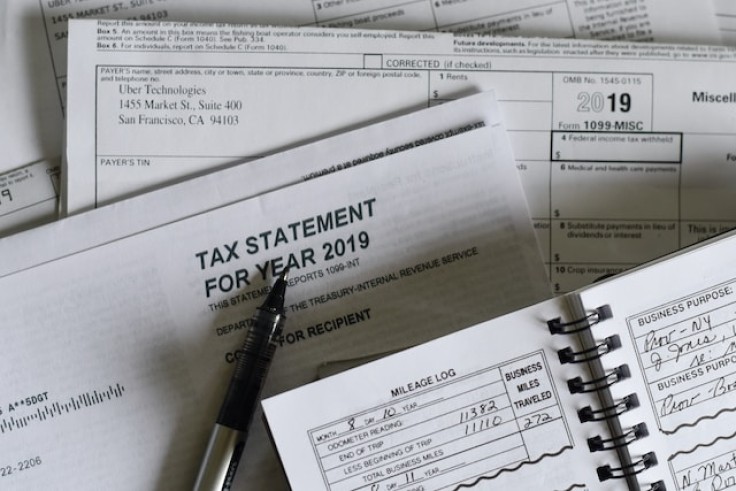
In a move to enhance safety for taxpayers and employees, the Internal Revenue Service (IRS) announced on Monday that it will put an end to most unannounced in-person visits. This decision, aimed at reducing public confusion, marks a departure from a long-standing practice of IRS workers conducting home visits to address outstanding tax debts and other issues faced by taxpayers.
With immediate effect, the IRS will cease unannounced visits, except in limited, unique circumstances. Instead, taxpayers in need of assistance will receive letters in the mail, prompting them to schedule appointments with IRS representatives.
According to NBC News, IRS Commissioner Danny Werfel expressed the need for a fresh approach to better serve taxpayers and the nation. The change in policy is expected to instill greater confidence in the IRS's tax administration efforts while simultaneously bolstering overall safety for both taxpayers and IRS employees.
In recent years, security concerns have grown, particularly with an increase in scam artists who exploit the confusion surrounding home visits by posing as IRS agents. These deceptive tactics have not only caused distress for the taxpayers targeted but also posed challenges for local law enforcement trying to address the matter.
Security Concerns Drive IRS Decision to End Unannounced Visits
The situation was no less challenging for IRS revenue officers tasked with conducting unannounced visits to homes and businesses. Such visits frequently heightened anxiety for taxpayers already wary of potential scams. Additionally, the lack of clarity surrounding the officers' encounters during these visits added stress to the IRS employees themselves. Commissioner Werfel asserted that the decision to end unannounced visits is a step in the right direction, considering the evolving landscape and the necessity of adapting to meet present-day needs.
The IRS's operational practices have drawn increased attention from politicians in recent times. Just last weekend, U.S. Senator Rick Scott (R-Florida) took to Twitter to call out the agency, sharing a link to a news story about a business in Stuart, Florida, that was subject to a search by criminal investigators from the IRS earlier that month. The reasons behind the search were not immediately clear, and representatives for Senator Scott refrained from immediate comment on the matter.
The decision to end most unannounced visits is in line with the IRS's broader effort to revamp its operations following the passage of the Inflation Reduction Act last year.
According to CNN, President Joe Biden signed this bill into law, allocating a sizeable $80 billion to improve the IRS's overall digital infrastructure and make other necessary reforms. As part of this transformational effort, the IRS has also announced plans to hire nearly 20,000 staff over the next two years, aiming to streamline and expedite taxpayer services.
IRS to Hire Thousands of Staff as Part of Ambitious Reforms
While the shift away from unannounced in-person visits may initially raise questions, IRS officials are confident that the transition to a letter-based appointment system will result in more efficient and secure interactions between taxpayers and the agency. The new approach seeks to strike a balance between resolving taxpayer concerns and protecting the well-being of all parties involved.
As the IRS implements this change, they urge taxpayers to remain vigilant against potential scams. The agency emphasizes that IRS agents will not demand immediate payment, threaten arrest, or request personal information via phone calls or unsolicited visits. Taxpayers are encouraged to verify the legitimacy of any communication from the IRS through official channels before responding or providing sensitive information.
In conclusion, the IRS's decision to halt most unannounced in-person visits marks a pivotal step in prioritizing safety and efficiency in taxpayer interactions. By embracing digital transformations and streamlining operational processes, the IRS aims to reinforce its commitment to serving taxpayers while safeguarding their well-being in an ever-evolving landscape of financial matters and potential scams.